HOUSTON, TEXAS—According to a statement released by Rice University, a new study of 1.5-million-year-old fossilized animal remains conducted by Manuel Domínguez-Rodrigo and his colleagues suggests that saber-toothed cats devoured all of their prey, and sometimes even consumed some of the bones. Such rich protein sources are thought to have been vital to early human brain development, he explained, and it had been previously suggested that early humans may have fed on meat from the abandoned kills of large predators. Early humans, Domínguez-Rodrigo commented, would have had to rely on different approaches to procure their protein, and may have already been successful hunters. Read the original scholarly article about this research in Scientific Reports. To read about 300,000-year-old spears that were among the earliest known hunting tools, go to "Weapons of the Ancient World: Hunting Equipment."
When Did Early Humans Begin to Hunt?
News May 2, 2022
Recommended Articles
Digs & Discoveries May/June 2022
Cradle of the Graves
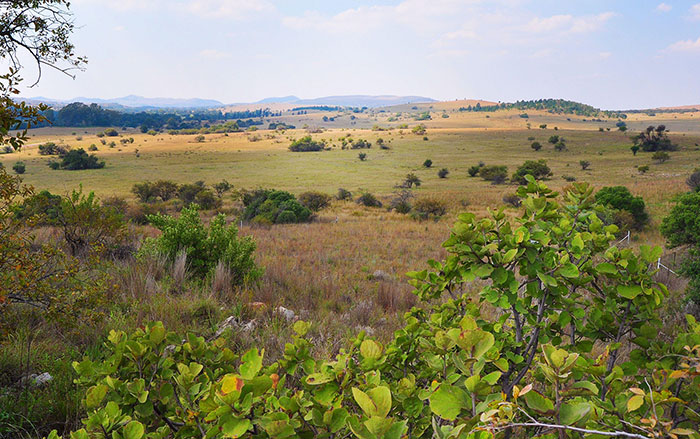
Digs & Discoveries November/December 2021
China's New Human Species
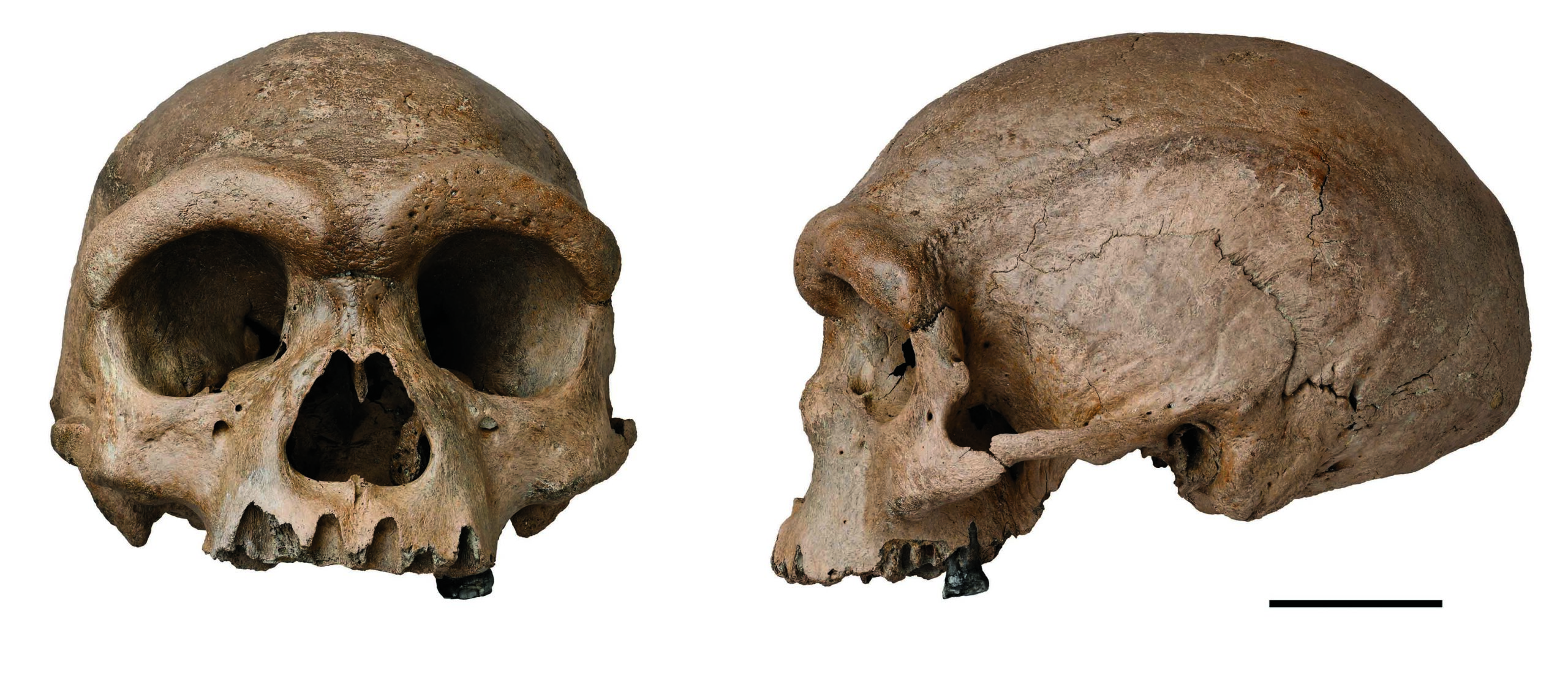
Digs & Discoveries July/August 2020
Sticking Its Neck Out
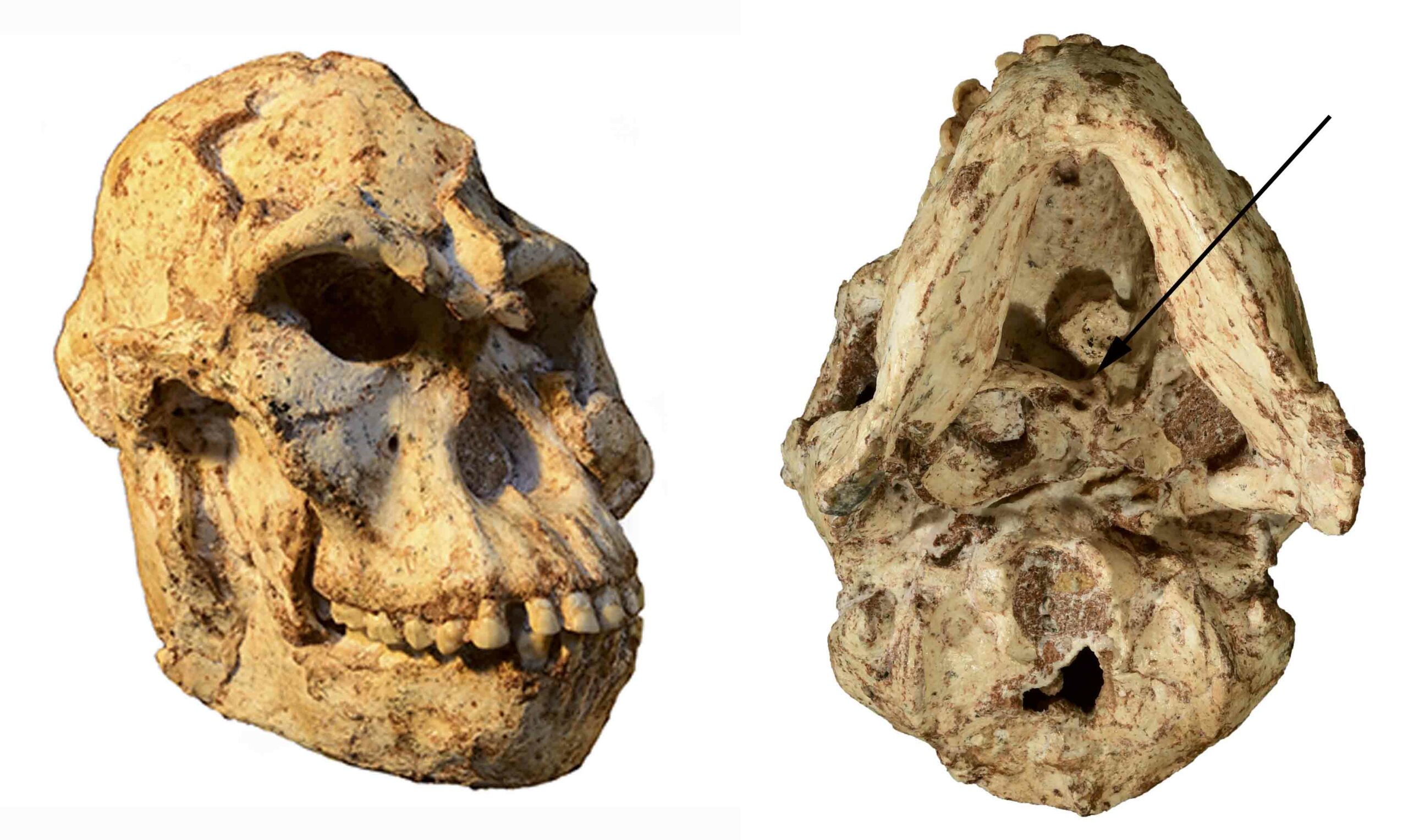
Artifacts November/December 2019
Australopithecus anamensis Cranium
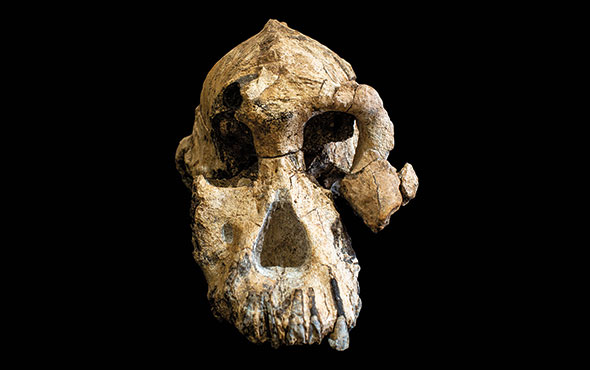
-
Features March/April 2022
The Last King of Babylon
Investigating the reign of Mesopotamia’s most eccentric ruler
 (iStock/HomoCosmicos)
(iStock/HomoCosmicos) -
Features March/April 2022
Paradise Lost
Archaeologists in Nova Scotia are uncovering evidence of thriving seventeenth-century French colonists and their brutal expulsion
 (© Jamie Robertson)
(© Jamie Robertson) -
Features March/April 2022
Exploring Notre Dame's Hidden Past
The devastating 2019 fire is providing an unprecedented look at the secrets of the great cathedral
 (Patrick Zachmann)
(Patrick Zachmann) -
Letter from Doggerland March/April 2022
Mapping a Vanished Landscape
Evidence of a lost Mesolithic world lies deep beneath the dark waters of the North Sea
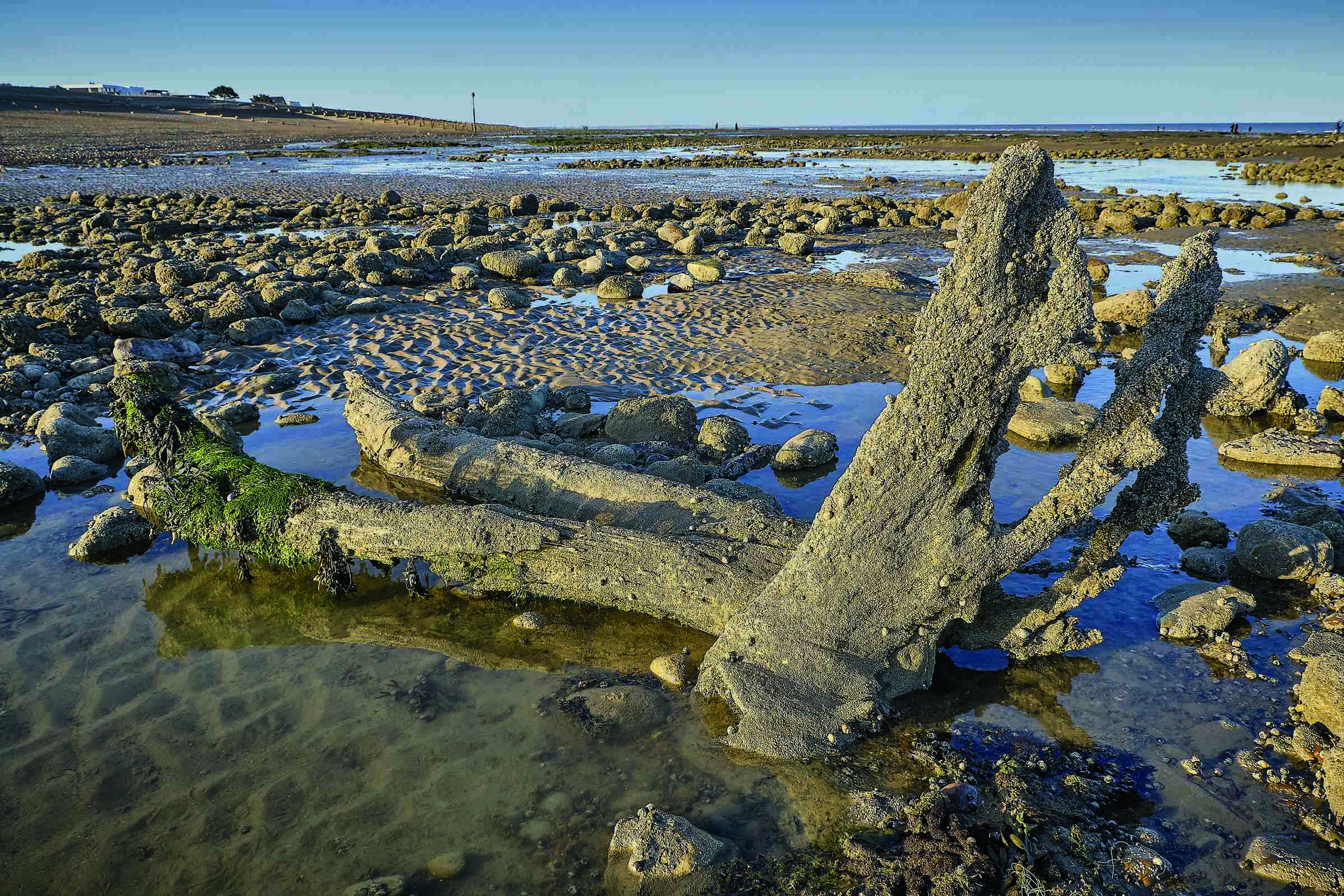 (M.J. Thomas)
(M.J. Thomas)


